How the 2025 Points System Would Change F1 History
Formula 1 has changed dramatically over its 75-year history, and one of the biggest shifts has been the evolution of the points system. From the days when only the top five drivers scored points to today’s structure rewarding the top 10, the way championships are decided has constantly evolved.
But what if the current 2025 points system — 25 points for a win down to 1 for tenth place — had existed from the very start in 1950? How different would the record books look?
To find out, F1’s data analysts re-calculated every season using the modern format. The result is a fascinating re-imagining of motorsport history — where some legends gain extra titles, others lose them, and a few new world champions emerge altogether.
Nino Farina – 1 (2025 Point-system) / 1 (actual)
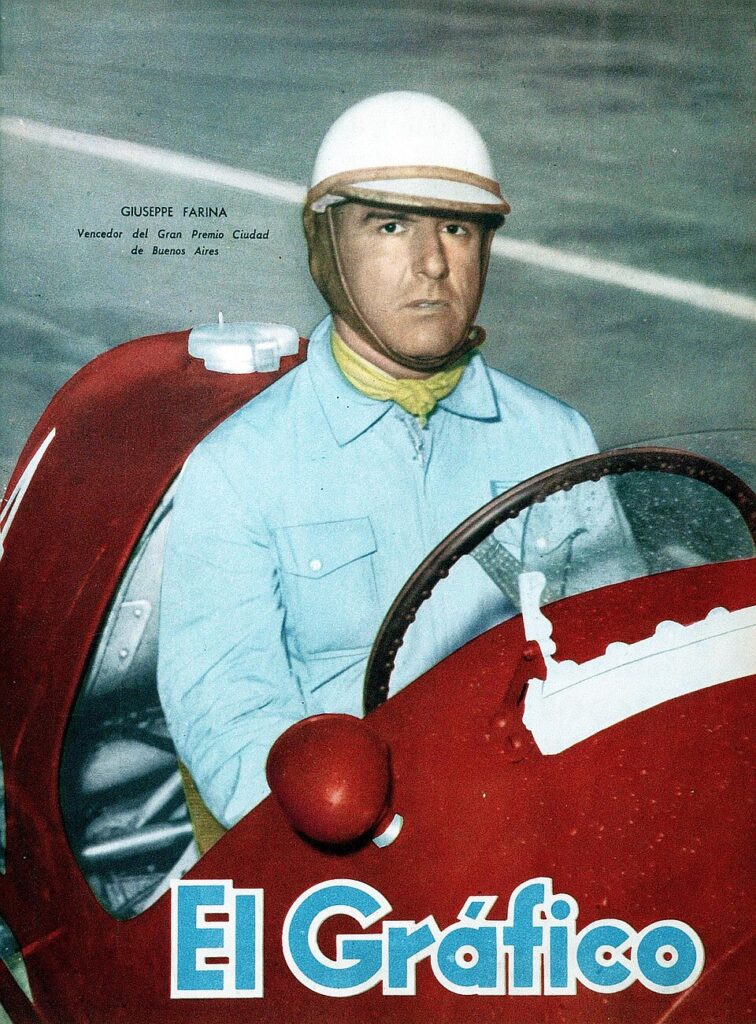
The very first Formula 1 World Champion from 1950 remains unchanged under the modern points format. Farina’s consistency and dominance that year still secure him a single world title in both systems.
Read also: The 30 Best Players in the Bundesliga right now - Ranked
Mike Hawthorn – 1 / 1
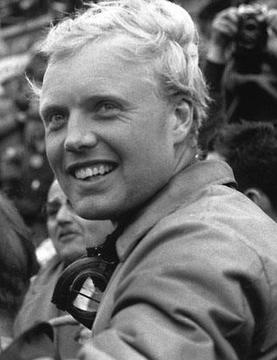
Britain’s first World Champion from 1958 would keep his lone title even with today’s points structure. His narrow triumph over Stirling Moss remains intact under the 2025 scoring.
Phil Hill – 1 / 1
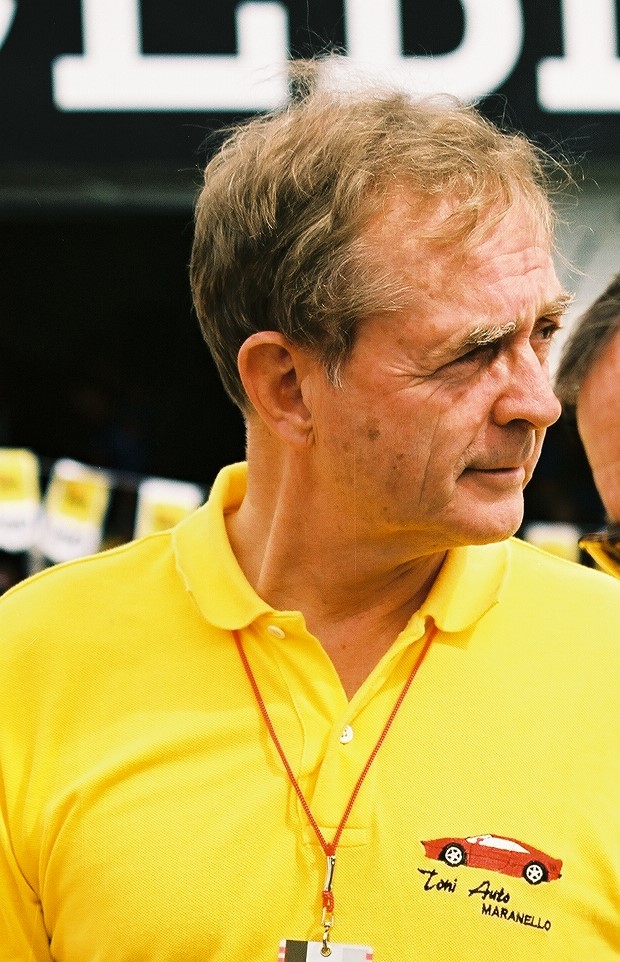
The American champion from 1961 continues to hold one world title. The revised system doesn’t alter his standing, as his strong early-season performances would still have carried him to victory.
Mika Häkkinen – 1 / 2

The Flying Finn would lose one championship under the modern format. His 1999 title would go to Eddie Irvine instead, leaving Häkkinen with only his 1998 triumph.
Alan Jones – 1 / 1
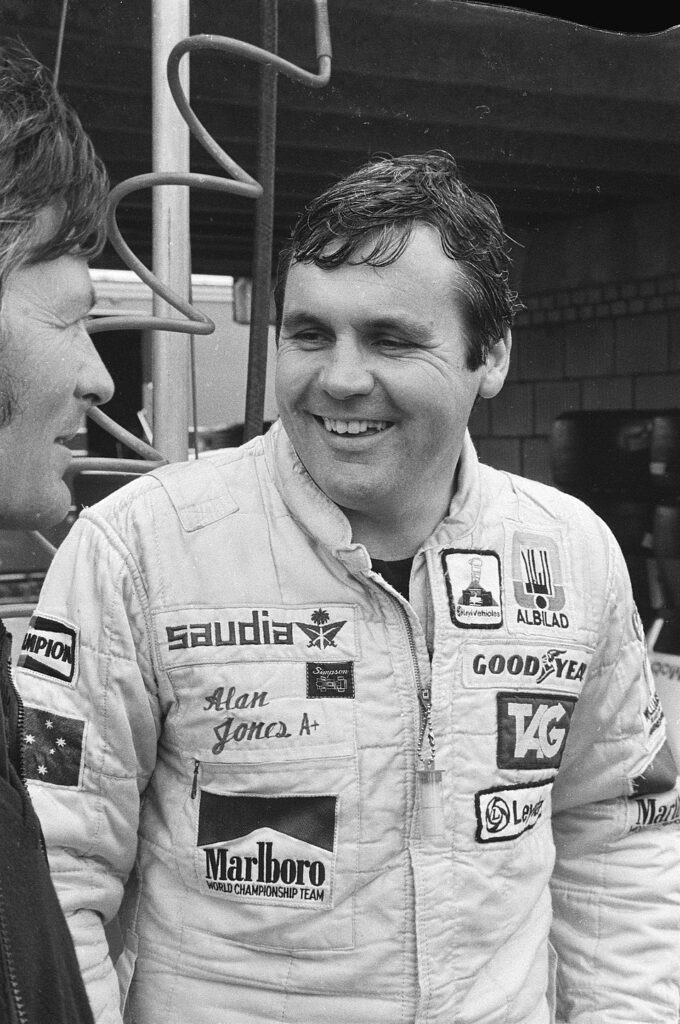
Jones’s 1980 championship remains untouched. The points recalculation shows that his dominance that season would have still comfortably secured him the title.
Read also: From Karting Kings to Mario Kart Masters – How F1 Stars Spent Their Week Off
Jenson Button – 1 / 1

Button’s fairytale 2009 season stays intact. His early run of victories for Brawn GP means the modern points wouldn’t have changed his well-earned championship.
Jochen Rindt – 1 / 1
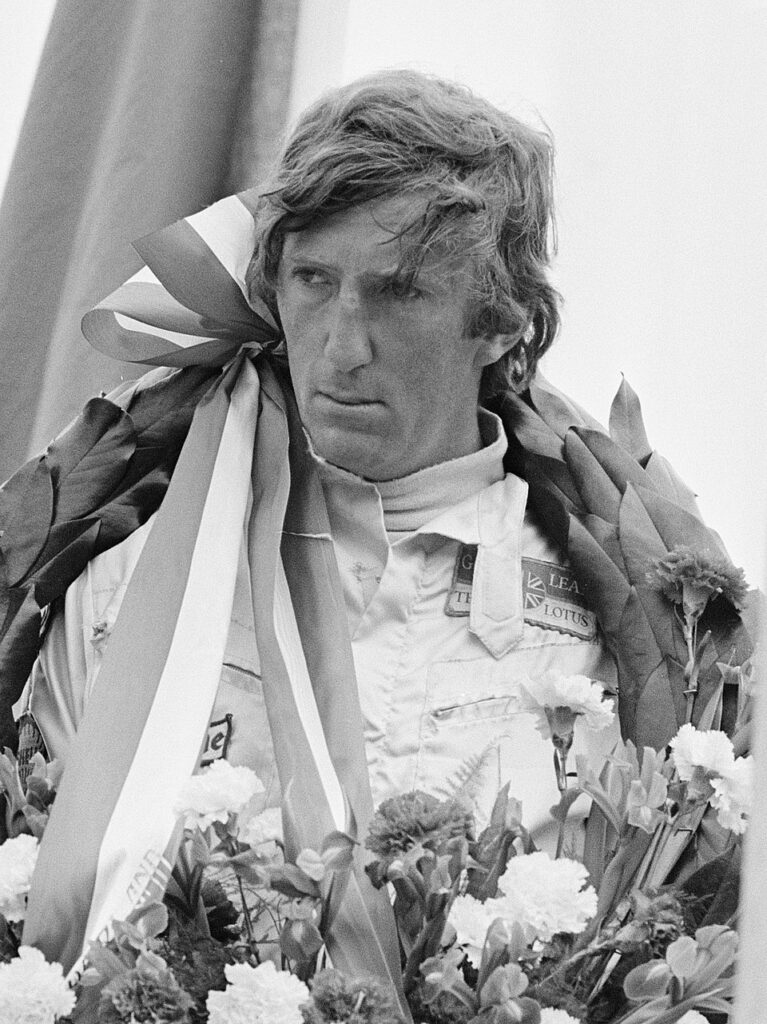
F1’s only posthumous champion keeps his 1970 crown. Even with updated scoring, Rindt’s lead before his tragic Monza accident would still have been enough for the title.
Mario Andretti – 1 / 1
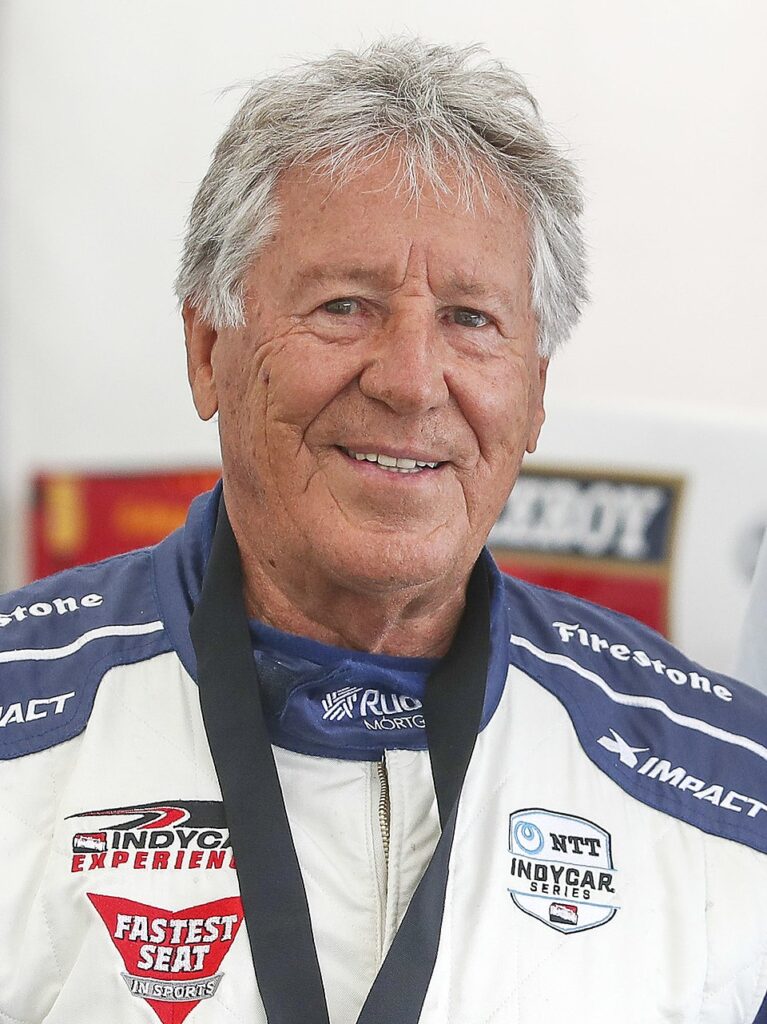
The American hero from 1978 would still have his single world title. His Lotus dominance that year translates well into any points era.
Jody Scheckter – 1 / 1
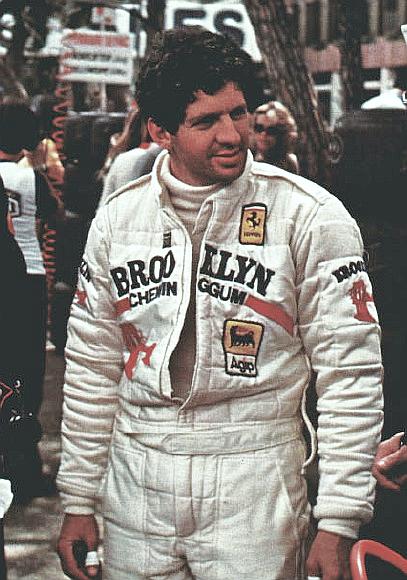
South Africa’s only World Champion keeps his 1979 victory. Despite Ferrari’s ups and downs, the 2025 system doesn’t alter his achievement.
Read also: 23 Favourites to Win the 2025/26 PFA Player of the Year – Ranked
Nico Rosberg – 1 / 1

The 2016 champion remains a one-time winner. His narrow victory over Hamilton stands the same even when calculated through today’s points lens.
Nigel Mansell – 1 / 1
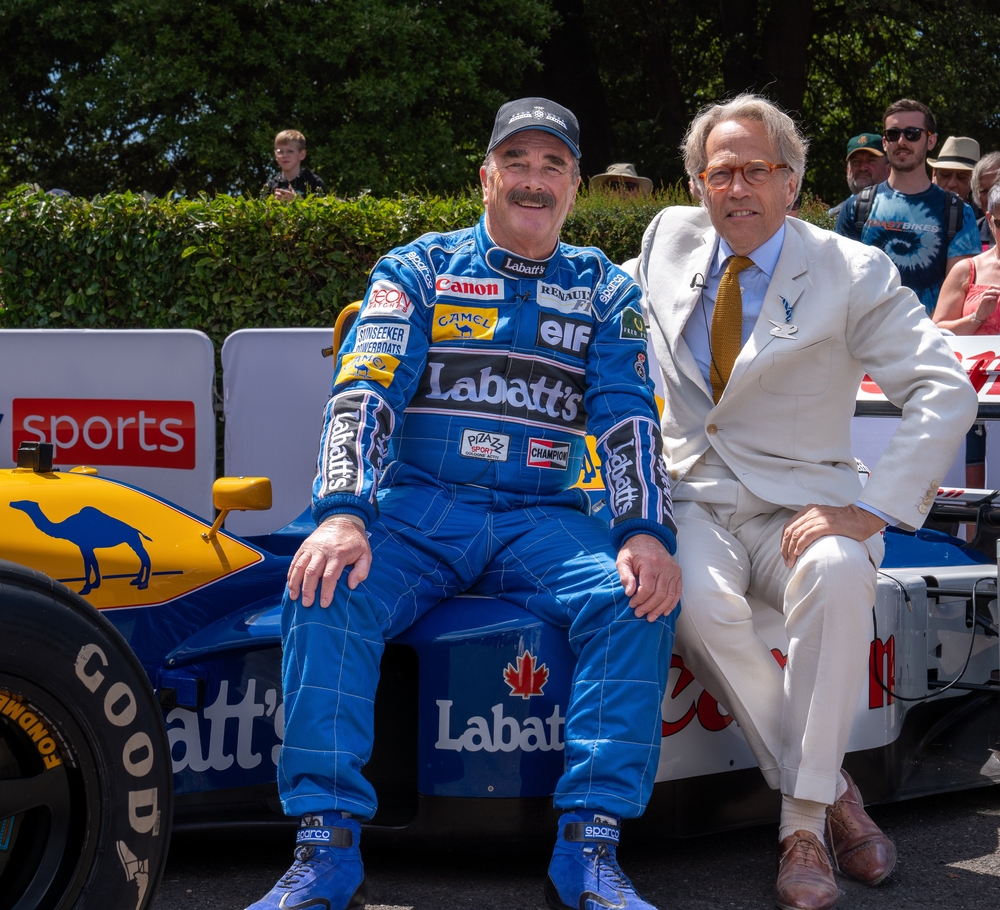
The 1992 season of Mansell’s absolute dominance changes nothing. With or without modern scoring, he’d still crush the competition that year.
Denny Hulme – 1 / 1
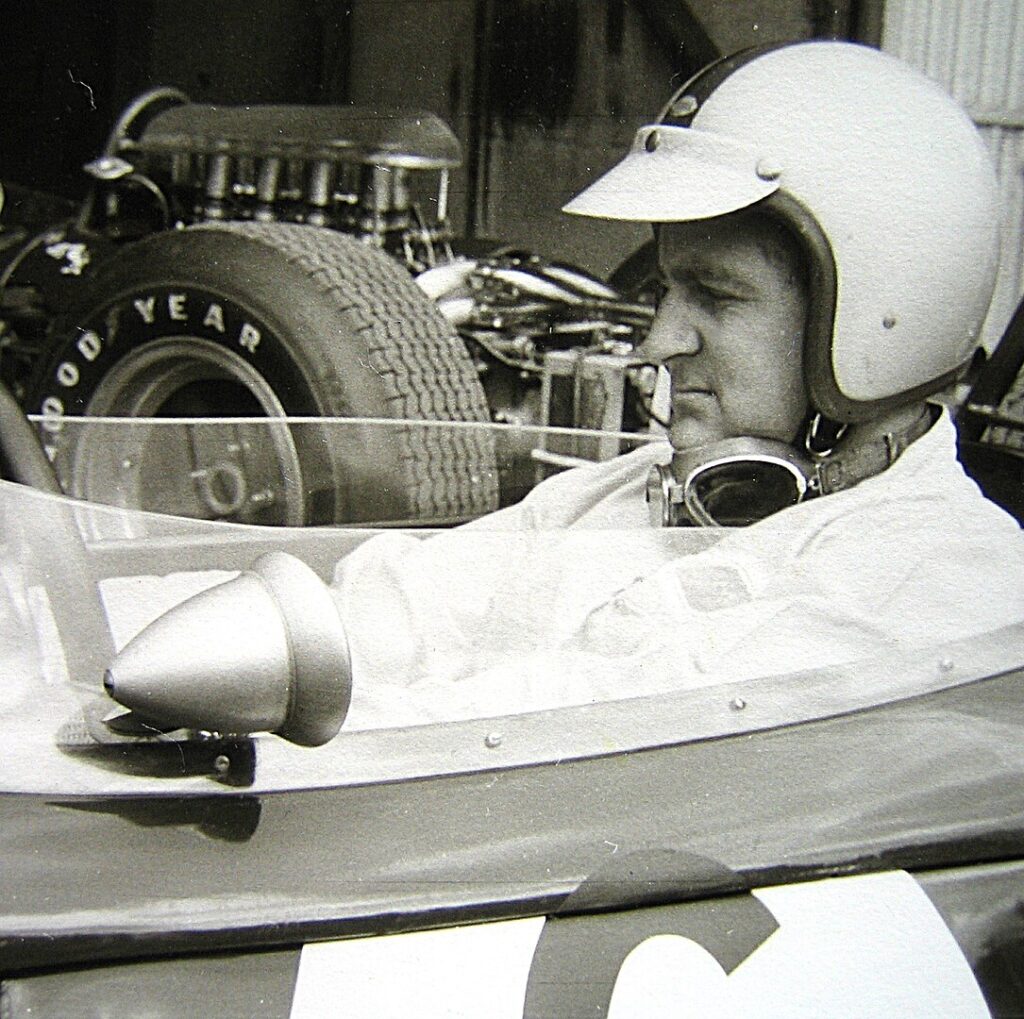
The 1967 champion’s total remains steady. His consistent podiums would still earn him a single world title under current rules.
Keke Rosberg – 1 / 1

Rosberg’s 1982 championship—won through sheer consistency—remains intact. The chaotic season’s balance of points still favors him even with today’s scoring.
Read also: Inside Bournemouth's wage structure: Who earns what in 2025?
Eddie Irvine – 1 / 0

Here’s the shocker: Irvine becomes a world champion under the 2025 system. His near-miss in 1999 turns into glory as modern points give him the edge over Mika Häkkinen.
Kimi Räikkönen – 1 / 1

“The Iceman” keeps his 2007 crown. The tight battle between him, Hamilton, and Alonso still ends in Räikkönen’s favor when recalculated.
Alberto Ascari – 2 / 2

One of Ferrari’s first great champions, Ascari’s back-to-back titles from the early 1950s remain untouched. His dominance transcends eras and scoring systems.
Jim Clark – 2 / 2

Clark’s unmatched precision and skill in the 1960s keep him safely on two titles. No modern tweak can diminish his status as one of F1’s purest talents.
Read also: The 100 Best Football Clubs in the World - Ranked from Lowest to Highest
Emerson Fittipaldi – 2 / 2

The Brazilian’s dual championships in 1972 and 1974 hold firm. The recalculated results show the same story of consistency and class.
Damon Hill – 2 / 1

Damon gains one more world title. Using today’s points, he would have taken the 1994 championship over Schumacher in addition to his 1996 victory.
Nelson Piquet – 2 / 3

The three-time Brazilian champion would lose one title under the 2025 format. His tight 1983 win over Prost flips the other way with modern scoring.
Ayrton Senna – 2 / 3
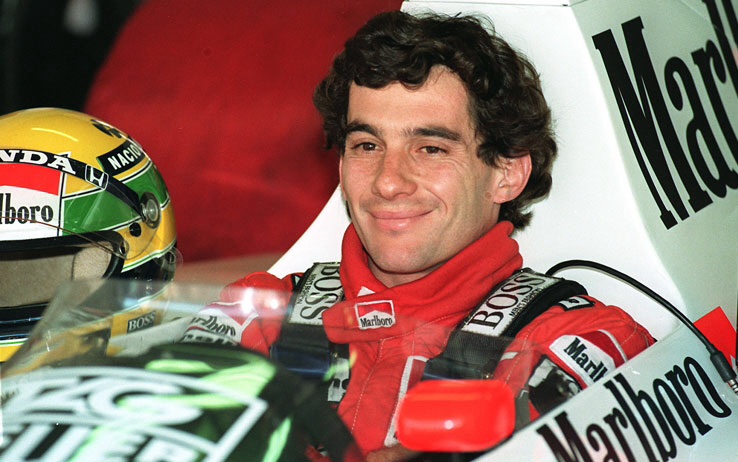
Senna’s legendary record would slightly diminish under the 2025 points format. The Brazilian icon would lose one of his three world titles, as Alain Prost overtakes him in the recalculated 1988 season.
Fernando Alonso – 2 / 2

Alonso’s back-to-back championships from 2005 and 2006 remain unaffected. His Renault era still shines as one of the most impressive displays of consistency and control in modern F1.
Jack Brabham – 3 / 3
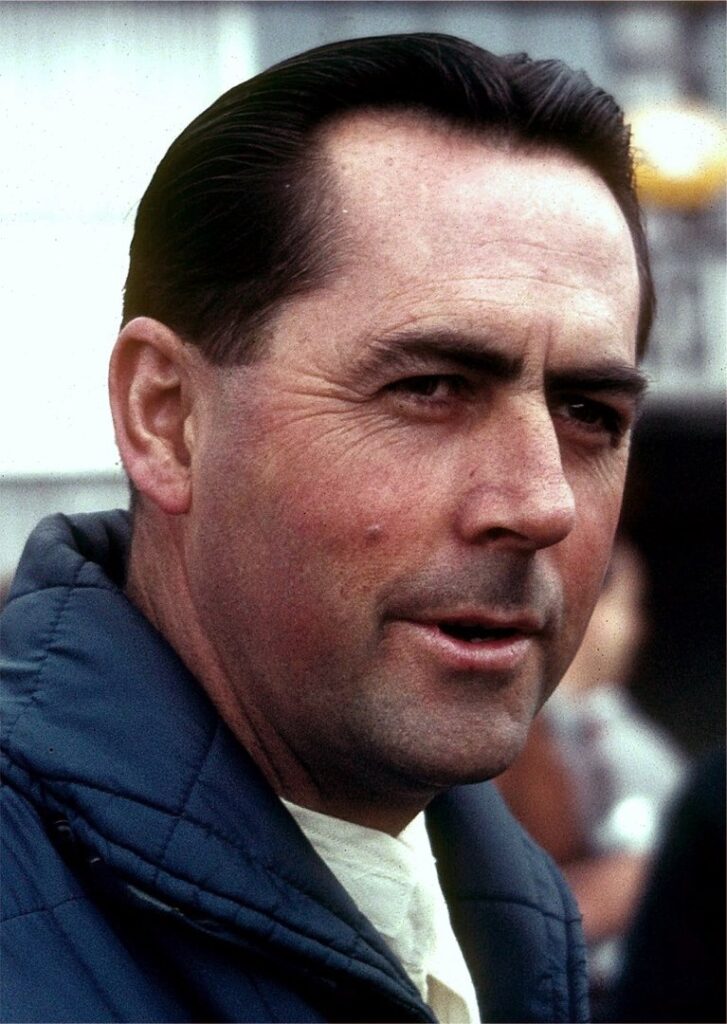
The Australian trailblazer keeps all three of his titles. Brabham’s skill, especially as both driver and constructor, continues to stand strong under today’s points structure.
Graham Hill – 3 / 2
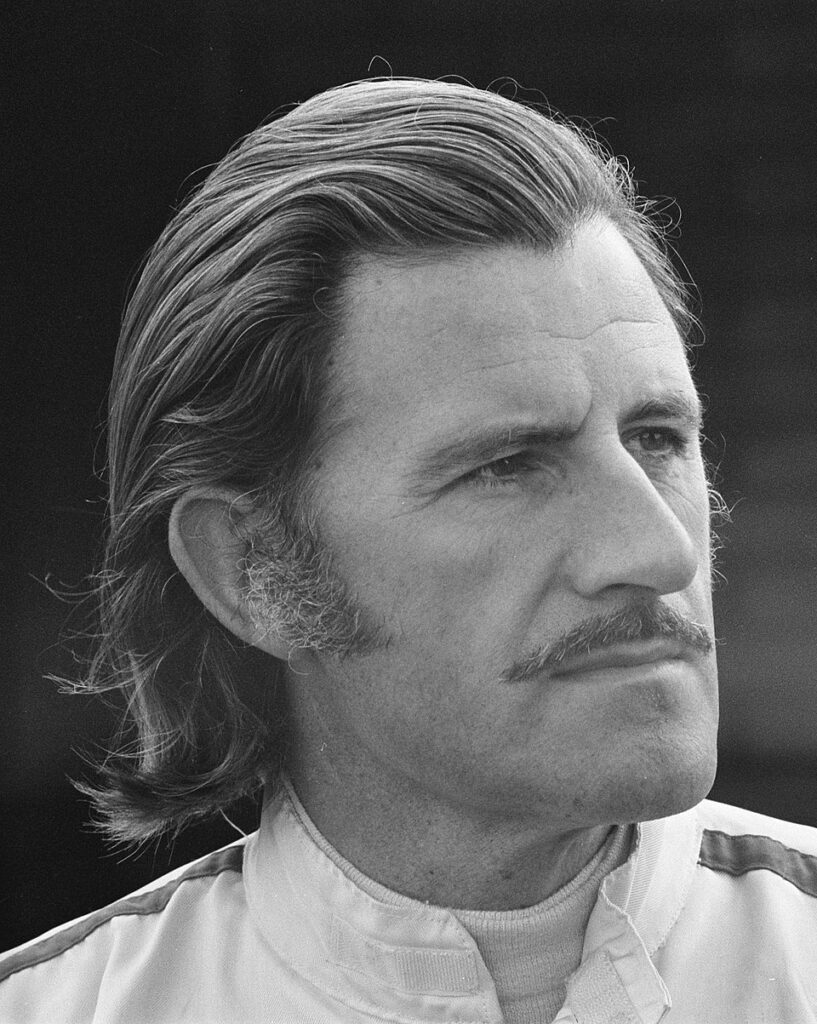
The only man to win the Triple Crown gains an extra F1 title under the 2025 format. The recalculation gives him the 1964 championship, which he narrowly lost to John Surtees in real life.
Niki Lauda – 3 / 3

Lauda’s three titles remain untouched, but his consistency across the mid-70s would have earned him three consecutive championships under the new scoring system — a testament to his resilience.
Jackie Stewart – 3 / 3

The “Flying Scot” keeps all three of his world titles. His era of dominance in the late 1960s and early 1970s remains just as impressive through the lens of modern points.
Max Verstappen – 4 / 4
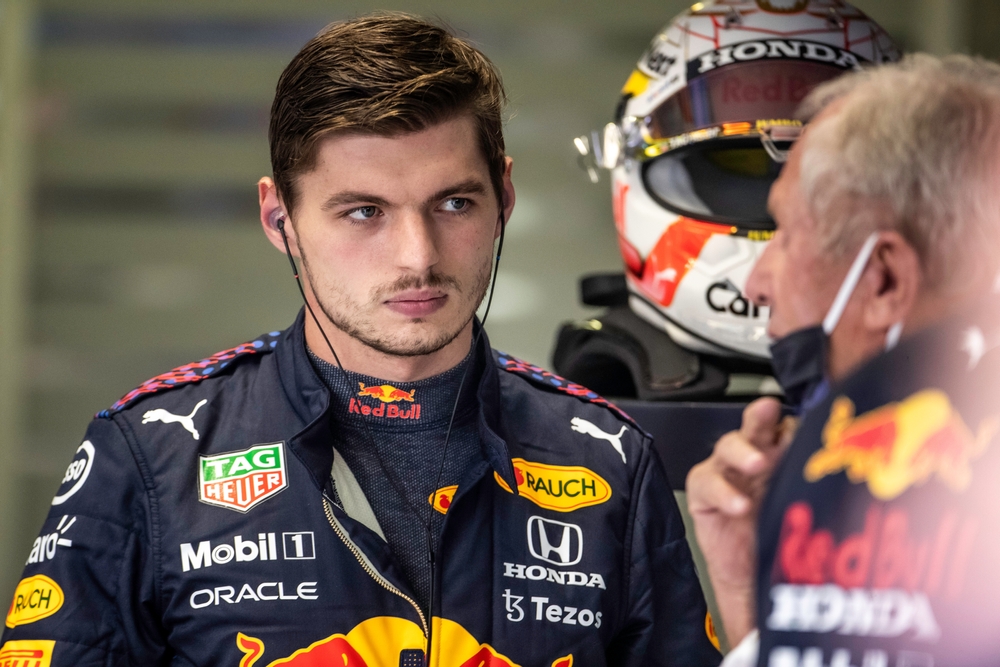
The Dutchman’s four consecutive championships (2021–2024) hold firm. His run of dominance under Red Bull fits seamlessly into any points era, reinforcing his modern-day greatness.
Sebastian Vettel – 4 / 4

Vettel’s four straight titles with Red Bull remain intact. The 2025 system mirrors his 2010–2013 dominance perfectly, proving how far ahead he was during that golden stretch.
Juan Manuel Fangio – 5 / 5
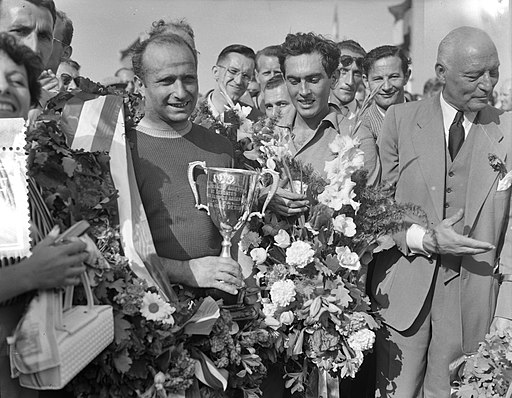
The great Argentine’s five championships stay exactly the same. Fangio’s control and precision across multiple teams still make him one of the sport’s ultimate benchmarks.
Michael Schumacher – 7 (excl. 1997 DSQ) / 7
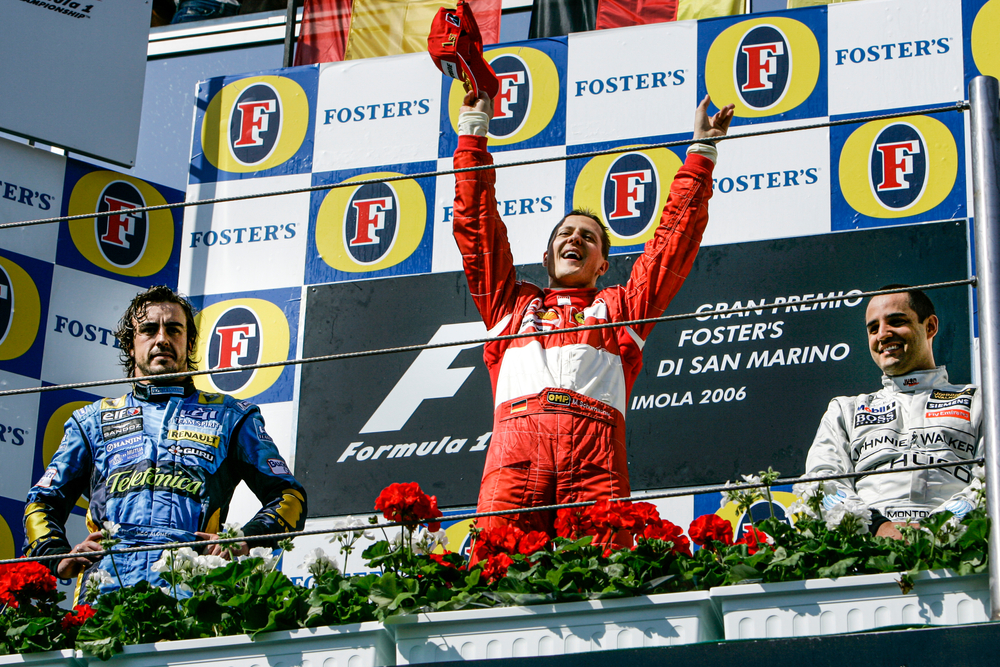
Schumacher’s record of seven titles would technically stay intact, though he might have lost the 1994 crown to Damon Hill. In pure points, he even edges out Jacques Villeneuve in 1997 — but remains disqualified that year.
Alain Prost – 7 / 4
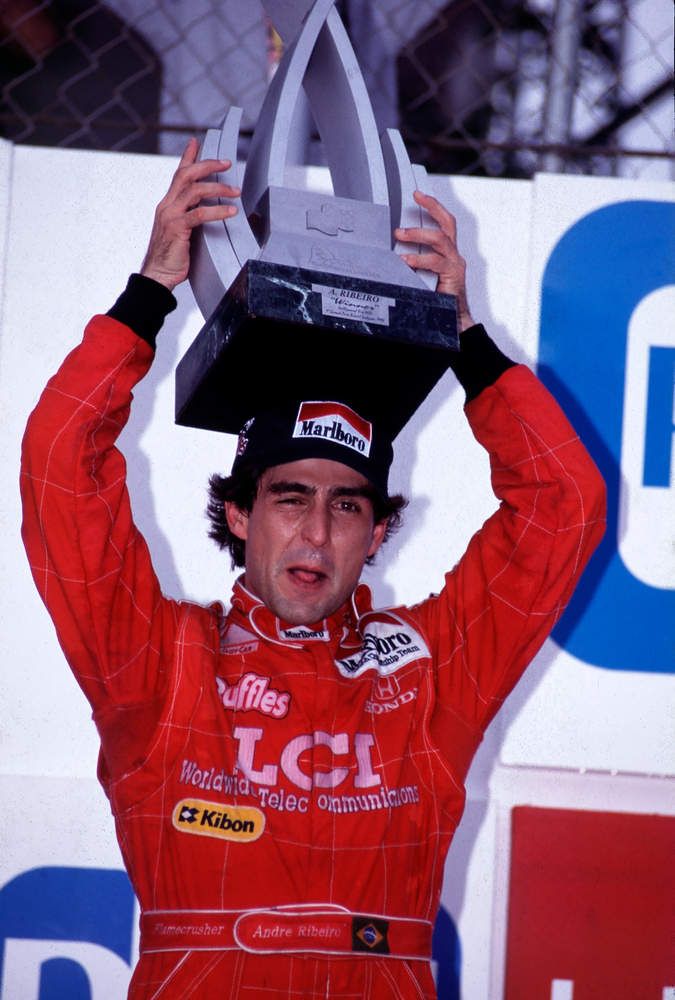
The biggest gainer of all: Prost would rise from four to seven world titles under the 2025 system. He’d reclaim lost championships from 1983, 1984, and 1988, tying him with Schumacher and Hamilton at the top.
Lewis Hamilton – 7 / 7
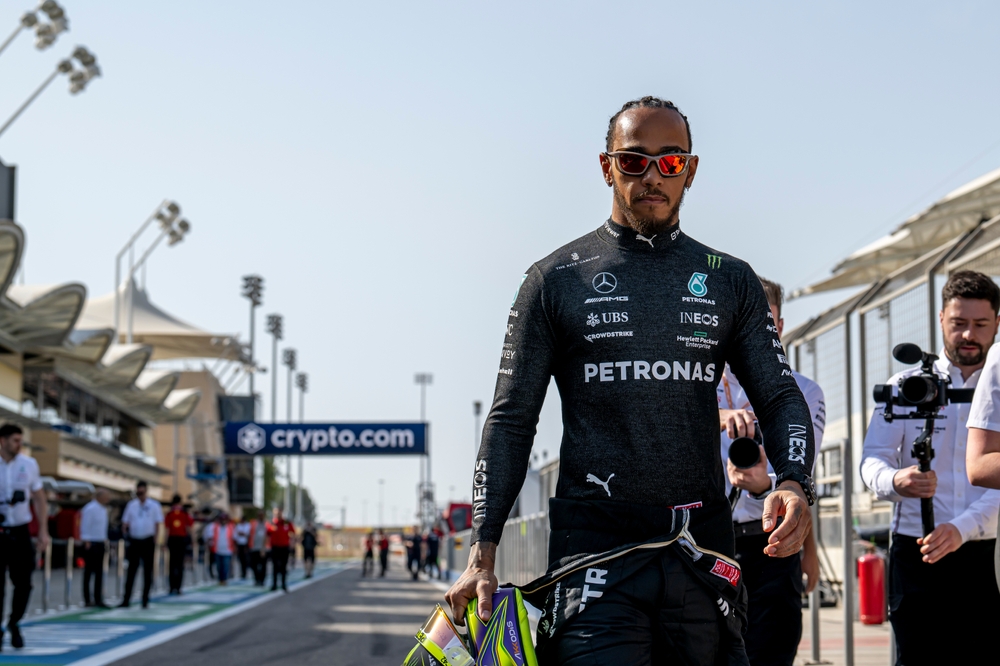
Hamilton’s record remains perfect under the recalculation. His seven titles still stand, reflecting a career defined by consistency, speed, and unmatched longevity in the hybrid era.




